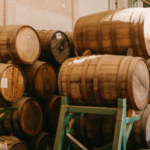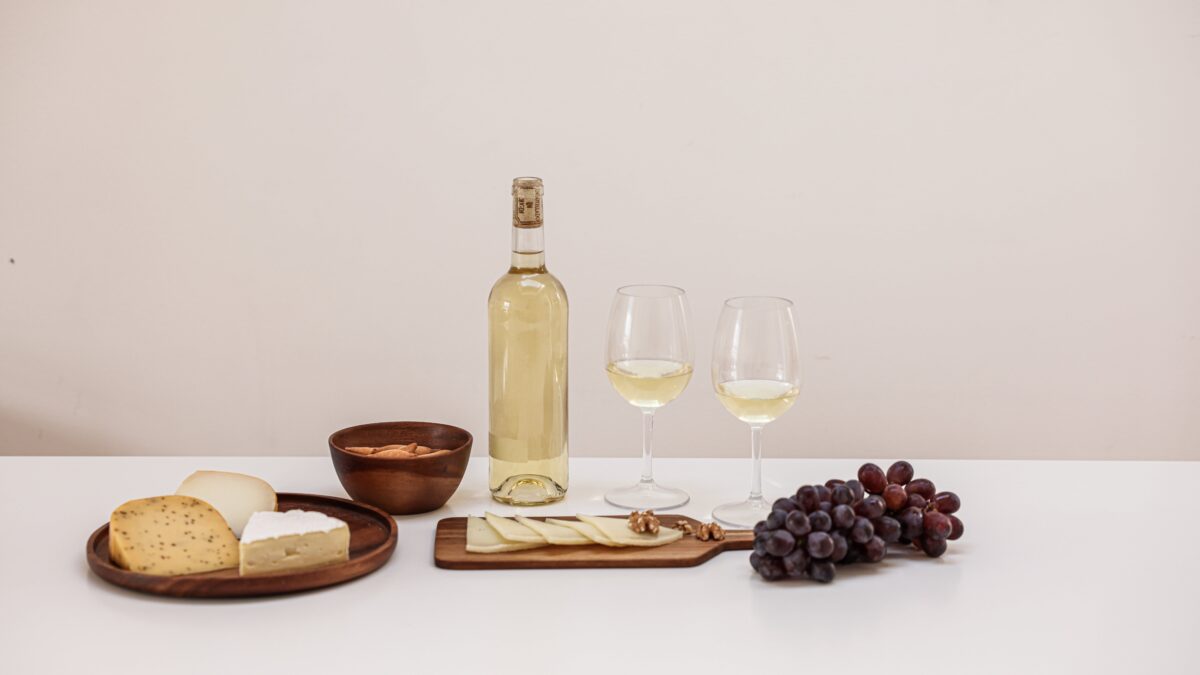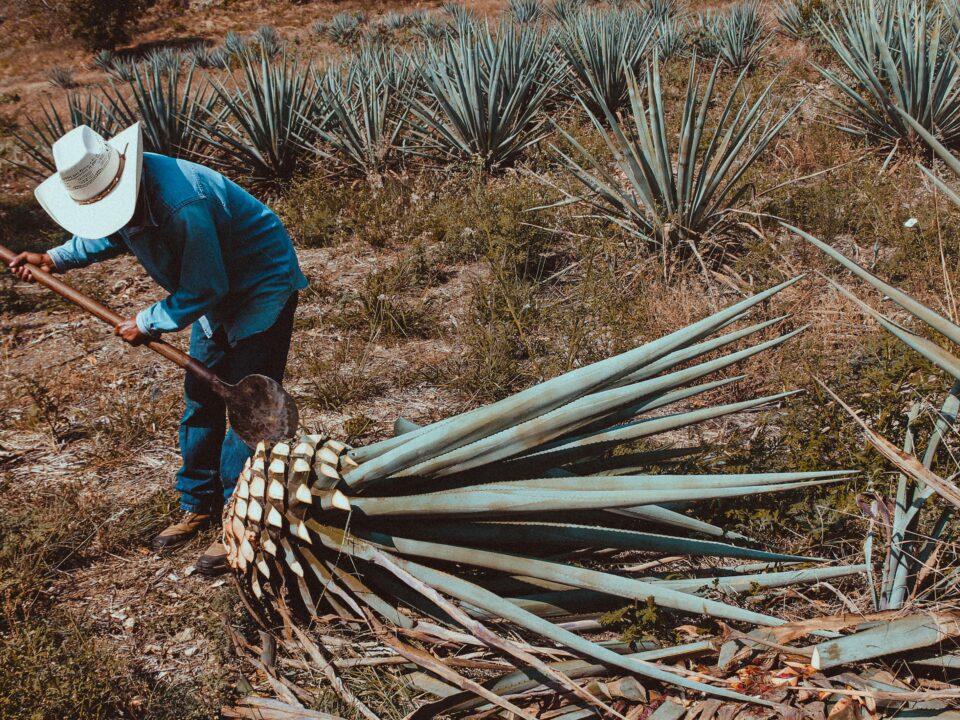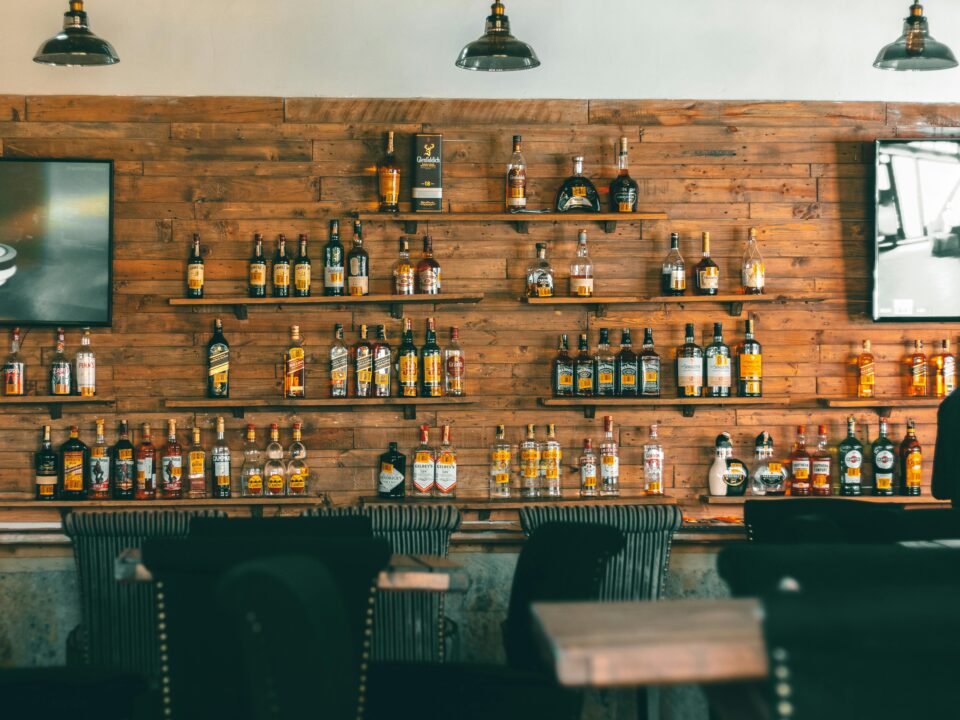The trend of non-alcoholic distilled beverages

Export: Aspects to Consider for Exporting
December 4, 2023
The categories and types of tequila
February 19, 2024The distilled beverage industry is undergoing a notable transformation driven by changes in consumer habits. Nowadays people seek to take better care of their health, their physical appearance and their lifestyle.
A notable trend is the increase in demand for non-alcoholic beverages, driven by those who have opted for a sober lifestyle and are looking for attractive alternatives with the same quality and taste of alcoholic beverages. Some other people choose these alcohol-free alternatives because they take medication, have to drive or, in some cases, women due to pregnancy, among other reasons.
Whatever the reason for preference, the diversification of these distilled beverages meets the needs of many consumers and is also becoming an option that has become popular at meetings, parties, bars and restaurants. Furthermore, these types of drinks generate a sense of belonging, since they are becoming symbols of a conscious lifestyle choice.
How are non-alcoholic distillates made?
There are various procedures for the production of non-alcoholic distilled beverages. The most used technique is to work directly without the use of alcohol. However, some beverages are made by infusing botanicals into a non-alcoholic liquid, such as water, which is given consistency primarily by the addition of glucose.
Another alternative for the production of non-alcoholic distilled beverages is to carry out the distillation of a finished alcoholic beverage at low pressures. By carrying out the distillation process at reduced temperatures, the alcohol is evaporated, simultaneously preserving the other distinctive qualities of the drink in question.
One way to remove the alcohol in some beers is to filter the drink through a sieve with microscopic holes that will separate liquids – water and alcohol – from solids (remnants of malt and yeast). The solid remains form something like a dehydrated beer paste that is mixed again with water to become non-alcoholic beer.
However, almost none of these drinks are completely alcohol-free. Therefore, the term “very low alcohol” would be more appropriate.
Non-alcoholic distilled beverages
Some of the most popular non-alcoholic distilled beverages on the international market are:
Geneva
It is made with the same ingredients as regular gin, such as juniper berries, citrus fruits, and herbs that mimic the flavor of the liquor.
Tequila
Recently created, it is made from blue agave. Flavor experts say it has the same flavor as traditional tequila.
Gin tonic
Contains water, juniper extractions and aromatic elements typical of gin, natural aromas, organic acids, sweeteners and preservatives
Whiskey
It is made with artificial ingredients and flavors, water, glycerol, lactic acid, natural flavors and artificial flavors and colors.
Vodka
It is produced in the same way as that containing alcohol, but its alcohol content is removed or reduced by specific methods.
Ron
Developed as a non-alcoholic alternative with a woody and molasses flavor among other nuts.
Came
It is processed with the properties of the grape just like wine with alcohol, but it goes through a process where it evaporates at high temperatures and then cools quickly. This allows the water to evaporate before the alcohol, thus reducing the amount of alcohol.
Martini
It is generally made with spices and fruity notes giving a lighter flavor.
As you can see, non-alcoholic distillates have undoubtedly grown very quickly to become a trend that many want to try and perhaps replace with alcoholic distillates.




